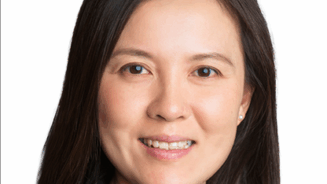Hong Kong and Singapore investors have access to a broad selection of mutual funds domiciled locally or abroad. The funds are registered for sale in the two Asian financial centres, but domiciled in offshore markets such as Luxembourg or Ireland outnumber those domiciled locally.
Nevertheless, the number of mutual funds domiciled in Hong Kong and Singapore has been growing and Hong Kong fund management companies have outpaced Singapore.
While in June 2007, only 61 funds were domiciled in Hong Kong and 86 in Singapore, today Hong Kong is host to 323 funds and Singapore to 197, according to data from Morningstar.
Mutual funds domiciled in Hong Kong and Singapore

Data: Morningstar, AUM in US dollars, as of 30 June 2017
During those 10 years, the AUM of Hong Kong-domiciled funds has grown to $92.4bn (£70.9bn, €78.4bn) from $19bn in 2007 and that of Singapore-domiciled funds to $30bn from $10bn.
Hong Kong-domiciled funds have taken off since the launch of the Mutual Recognition of Funds initiative in July 2015. One regulatory requirement to sell funds to mainland investors through the MRF is that the fund be domiciled in Hong Kong.
Asset class expansion
Equity funds have always dominated the landscape in the special administrative region, but mixed asset (allocation) and fixed income funds have grown conisderably.
Today, equity funds comprise 71% of AUM and within the asset class, China equities account for $48.6bn or 53% of that.
But the equity fund landscape has become more China-oriented in the last decade. In 2007, when 92% of AUM was in equity funds, $6.2bn or 33% of the total was in China equities.
AUM of Hong Kong-domiciled mutual funds

Data: Morningstar, AUM in US dollars, as of 30 June 2017
In Singapore, by comparison, fixed income and multi-asset (allocation) funds play a much bigger role than in Hong Kong.
The share of equity fund AUM was cut in half over the last decade, as fixed income and multi-asset funds grew to 65% of the AUM today from 21% ten years ago.
Chinese equity funds constitute only 9.3% of the market’s AUM.
AUM of Singapore-domiciled mutual funds





